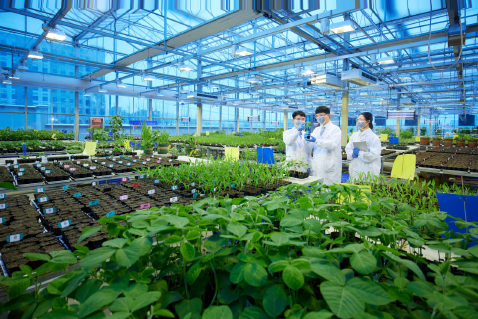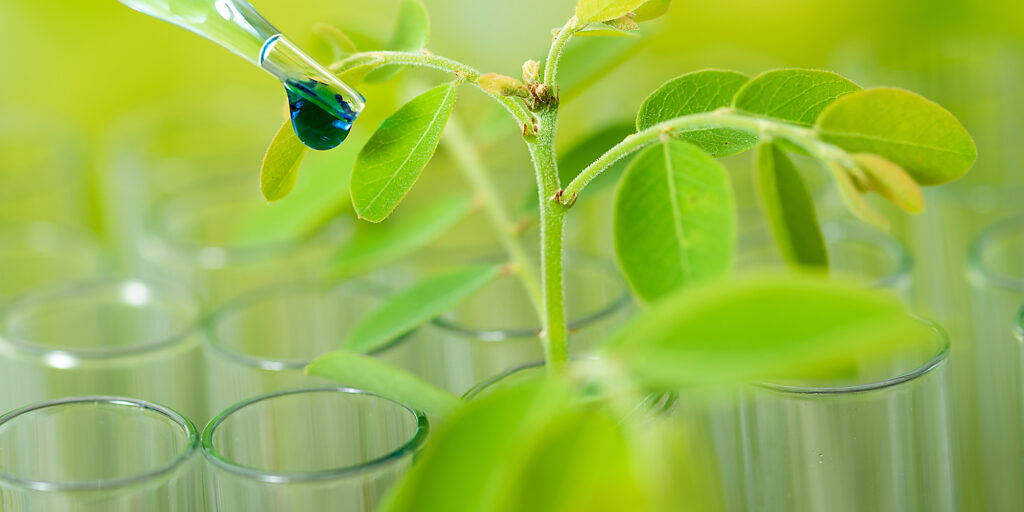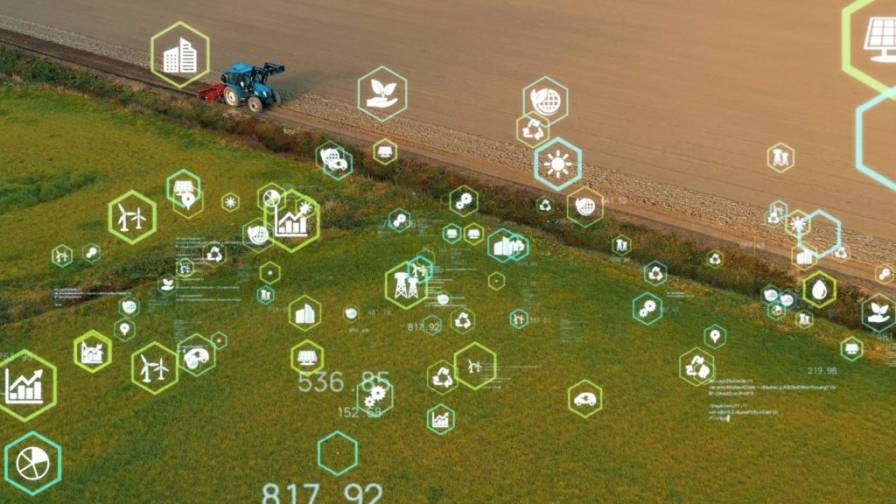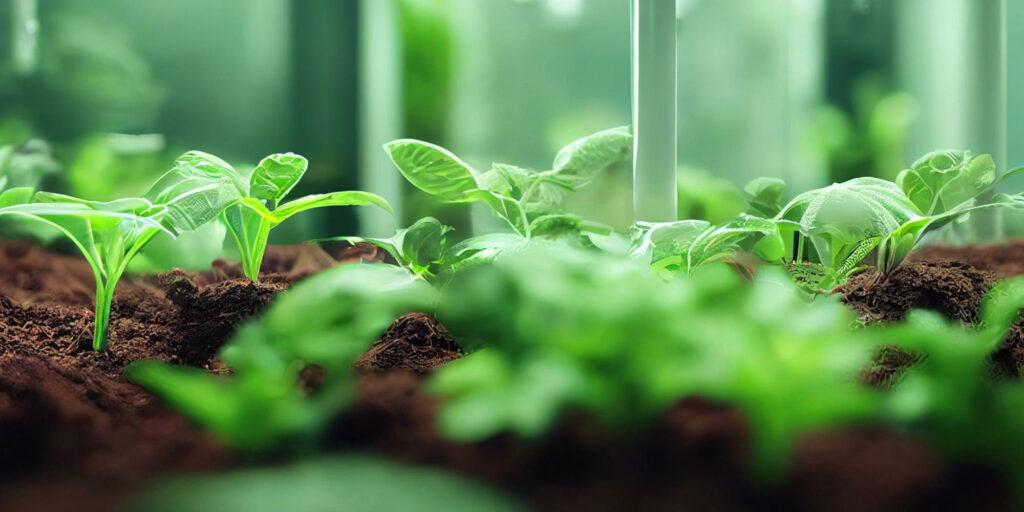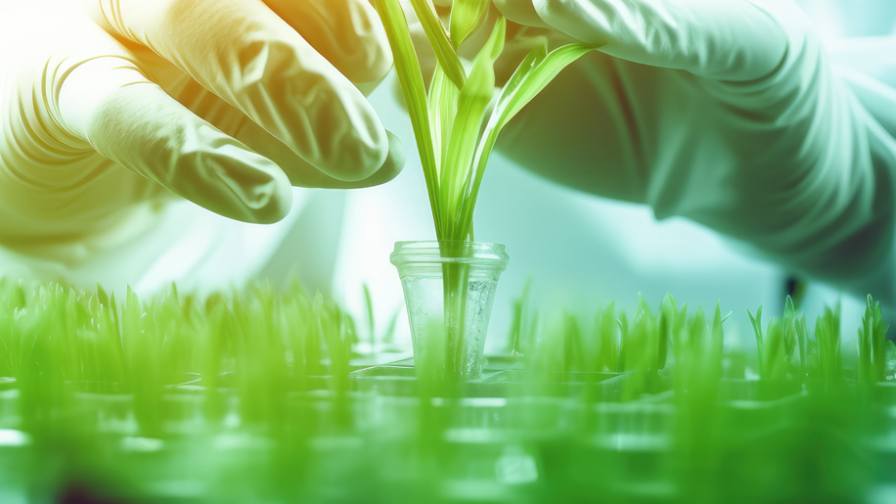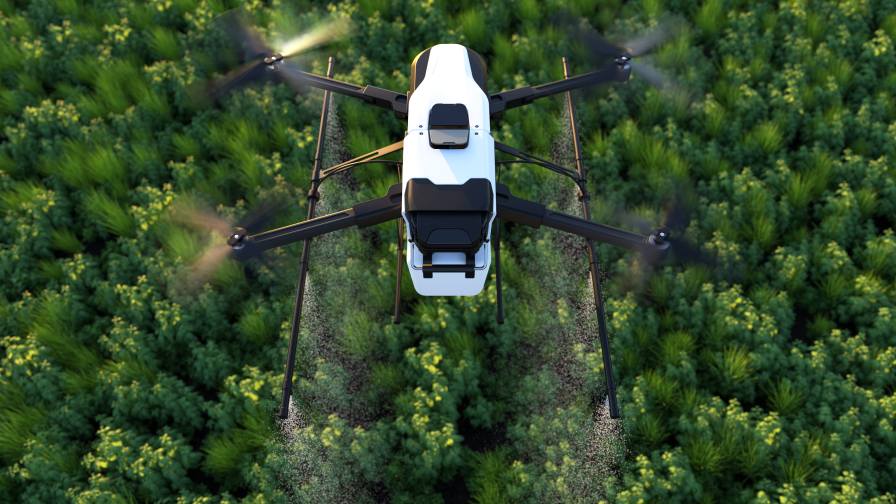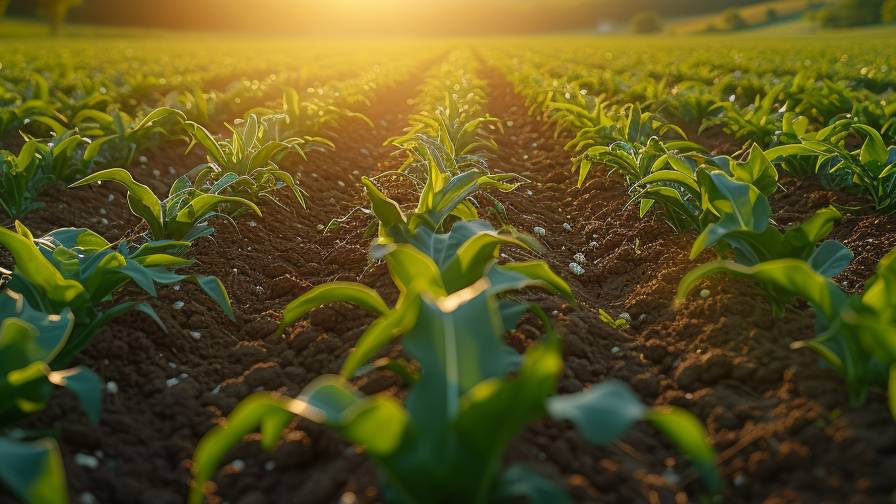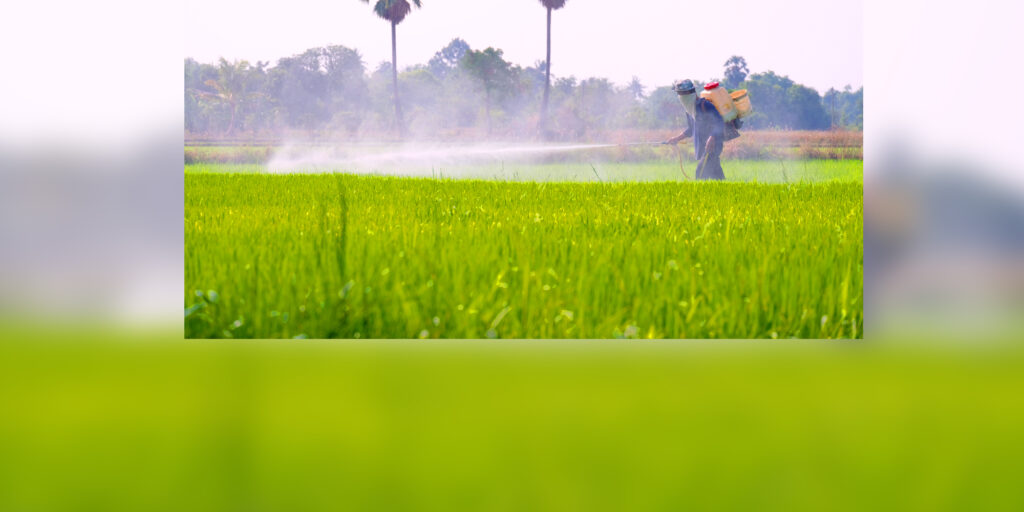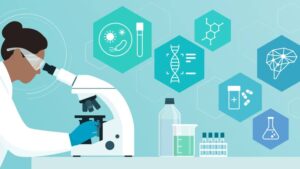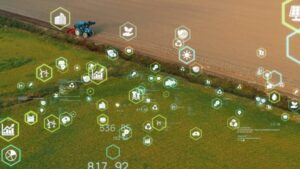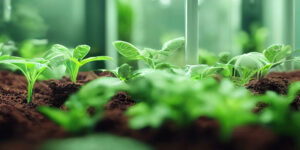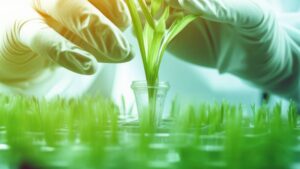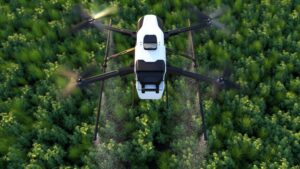As the world races to feed a growing population amid climate challenges, the agricultural industry is turning to science and innovation for solutions. Across the globe, researchers and companies are driving progress through groundbreaking research and development (R&D) that is reshaping modern farming. From AI-driven seed trait discovery to advanced biostimulants and next-generation crop protection, there have been many recent examples around the world that highlight the remarkable strides being made to enhance productivity, sustainability, and resilience in agriculture.
In India, for example, Coromandel’s state-of-the-art R&D facility is pioneering new approaches to crop nutrition and plant health using advanced polyhouses, hydroponics, and nanofertilizers like Nano DAP to improve efficiency and reduce environmental impact.
In Europe, contract research organizations (CROs) are at the forefront of biopesticide and biostimulant development, helping farmers transition to safer and more sustainable crop protection methods. Companies like SugaROx are leveraging biotechnology to enhance crop resilience, while Syngenta is integrating AI to accelerate seed trait discovery, creating crops that are more resistant to stress and disease.
Meanwhile, AgTech innovations such as drones, robotics, and precision farming are transforming the industry, addressing labor shortages and improving efficiency. Government policies, including the USDA’s Farm Bill and the EU’s Common Agricultural Policy, are driving adoption through funding and subsidies, though challenges like infrastructure gaps and high costs remain.
In Southeast Asia, advancements in formulation technology — such as nano and controlled-release innovations—are shaping the future of crop protection, making drone applications more effective and improving resistance management strategies.
Sustainability remains a top priority, with CROs playing a critical role in developing bioproducts that balance efficacy with environmental responsibility. In an exclusive interview with Eurofins Agroscience Services (EAS), AgriBusiness Global explores how CROs help navigate regulatory hurdles, optimize formulations, and leverage digital technologies to bring innovative agricultural solutions to market.
These breakthroughs are more than just technological advancements — they represent a global movement toward a more resilient and sustainable agricultural system. Through collaboration, innovation, and a commitment to sustainability, the future of farming is not only becoming more productive but also more adaptable to the challenges ahead.
For a closer look at all of these developments, view the slideshow above or continue reading below.
Coromandel International’s new R&D facility in Hyderabad, India, is redefining farming with a focus on sustainability and productivity. Using advanced technologies like polyhouses, hydroponics, and soilless farming, the facility optimizes resources, reduces water use, and boosts crop yields while minimizing environmental impact. These innovations have the potential to reshape global agriculture by promoting sustainable practices that enhance productivity. By pioneering responsible farming solutions, Coromandel is contributing to a more efficient and sustainable food system. Read more.
Agricultural R&D is undergoing a transformation, blending sustainability with cutting-edge science to develop biopesticides, biostimulants, and biofertilizers that redefine farming. Contract research organizations (CROs) like Eurofins Agroscience Services (EAS) support these efforts by navigating regulatory pathways, but the true impact lies in scientific advancements that enhance soil health, protect crops, and reduce agriculture’s environmental footprint. As the world faces the challenges of feeding a growing population and combating climate change, sustainable bioproducts are becoming essential. These innovations not only improve yields and pest control but also create a more resilient agricultural system that supports biodiversity and long-term sustainability. Read more.
SugaROx, in collaboration with Rothamsted Research, Oxford University, and ADAS, is advancing UK wheat farming with its T6P biostimulant, backed by Innovate UK funding. By studying wheat genotypes, researchers aim to enhance crop resilience and yield through this naturally occurring molecule. Field trials across the UK will ensure the biostimulant’s adaptability to different soils, climates, and farming practices, with farmer input guiding its practical application. This innovation represents the future of sustainable agriculture, improving wheat productivity while reducing environmental impact. As the sector seeks solutions for food security in a changing climate, T6P biostimulants offer a promising path toward a more resilient farming system. Read more.
Syngenta and AI company InstaDeep are revolutionizing crop breeding by integrating Large Language Model (LLM) technology with seed trait research. Their AgroNT1 AI model deciphers plant DNA, enabling precise trait development to enhance crop resilience and yield protection. This AI-driven approach accelerates seed trait discovery, allowing scientists to rapidly develop crops that withstand environmental stressors like drought and pests. As agriculture faces growing demands with limited resources, AI technologies like AgroNT1 are key to boosting productivity and sustainability. This collaboration marks a major leap toward smarter, more resilient farming practices. Read more.
SynTech Research Group has integrated AgIdea, enhancing its agricultural R&D capabilities across agronomy, biology, biotechnology, and biosolutions testing. This move strengthens SynTech’s end-to-end support for seed development, crop protection, and regulatory compliance, particularly in Argentina, Brazil, and the U.S. By streamlining product development and validation, the integration accelerates the introduction of sustainable agricultural innovations. With expanded expertise, SynTech helps companies navigate regulatory challenges and bring new technologies to market more efficiently. This partnership positions SynTech at the forefront of advancing global food production through science-driven solutions. Read more.
LIDA Plant Research has pioneered plant phytovaccines for over 15 years, using elicitor and inducer substances to enhance crop defense against pests and diseases. Their BIOFORCE Technology integrates elicitor-based methods with microorganisms, strengthening plant immunity while reducing reliance on chemical inputs. This innovation supports sustainable farming by improving crop resilience and minimizing environmental impact. By shifting from chemical treatments to biological solutions, LIDA is helping agriculture adapt to climate challenges while boosting productivity. As this technology advances, it could play a crucial role in shaping a more sustainable and resilient agricultural future. Read more.
As labor shortages challenge global agriculture, AgTech innovations like drones, robotics, and precision farming are transforming the industry. These technologies automate repetitive tasks, freeing workers for higher-skilled roles such as data analysis and farm management.
Government policies, including the USDA’s Farm Bill and the EU’s Common Agricultural Policy, are driving tech adoption through funding and subsidies. However, challenges like high costs, infrastructure gaps, and a lack of skilled technicians remain barriers to widespread implementation.
Industry leaders, including CNH, are working to bridge these gaps with scalable solutions that enhance efficiency and sustainability in farming. Read more.
As sustainability becomes a top priority, contract research organizations (CROs) are playing a critical role in developing bioproducts that balance efficacy with environmental responsibility.
In an exclusive interview with Eurofins Agroscience Services (EAS), AgriBusiness Global explores how CROs help clients navigate regulatory challenges, optimize formulations, and leverage digital technologies to bring innovative agricultural solutions to market.
From biological pest control to precision agriculture, cutting-edge R&D is shaping the future of sustainable farming in Europe. Read more.
Southeast Asia’s crop protection R&D faces challenges from climate change, resistance, and labor shortages. However, advancements in formulation technology, including nano and controlled-release innovations, present new opportunities.
Drone application is driving demand for specialized pesticide formulations with better suspension, adhesion, and efficiency. Additionally, intelligent formulations tailored to specific crops and pests are becoming essential. Resistance management strategies, such as monitoring, compounded formulations, and rotation, are critical for long-term efficacy.
While nanotechnology and controlled-release formulations offer promise, cost and environmental considerations must be addressed for large-scale adoption. Read more.


